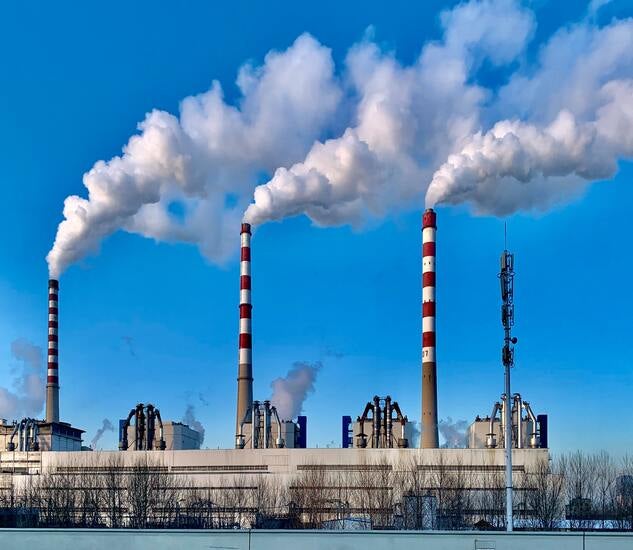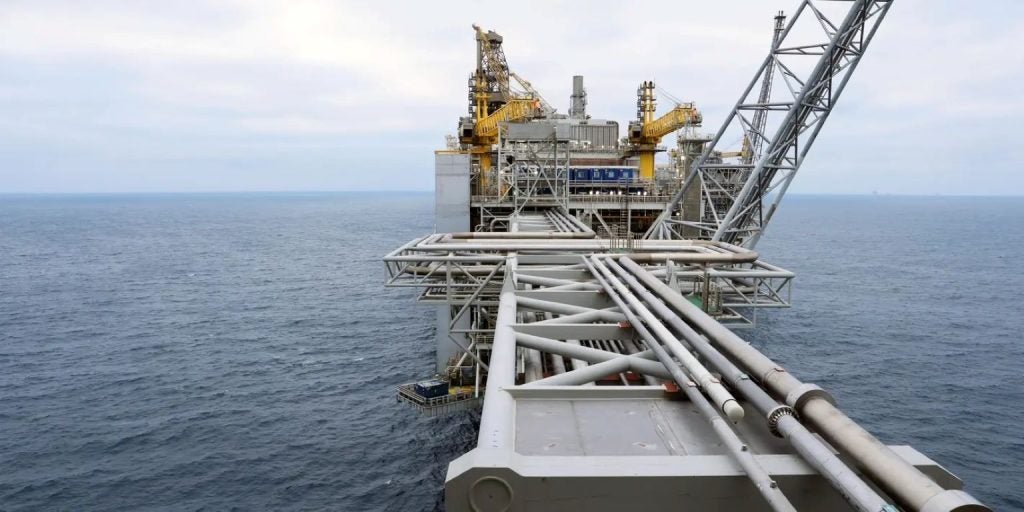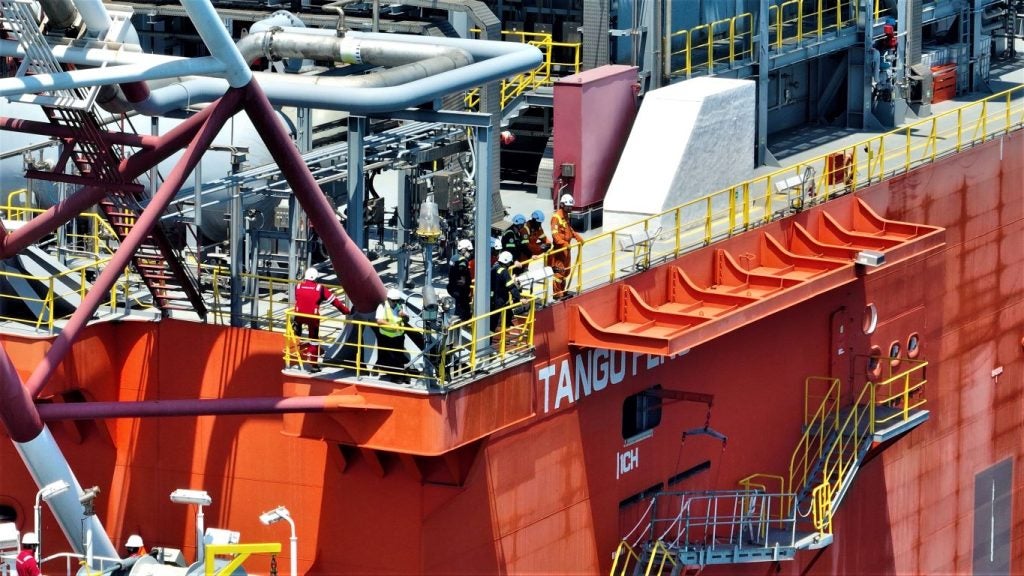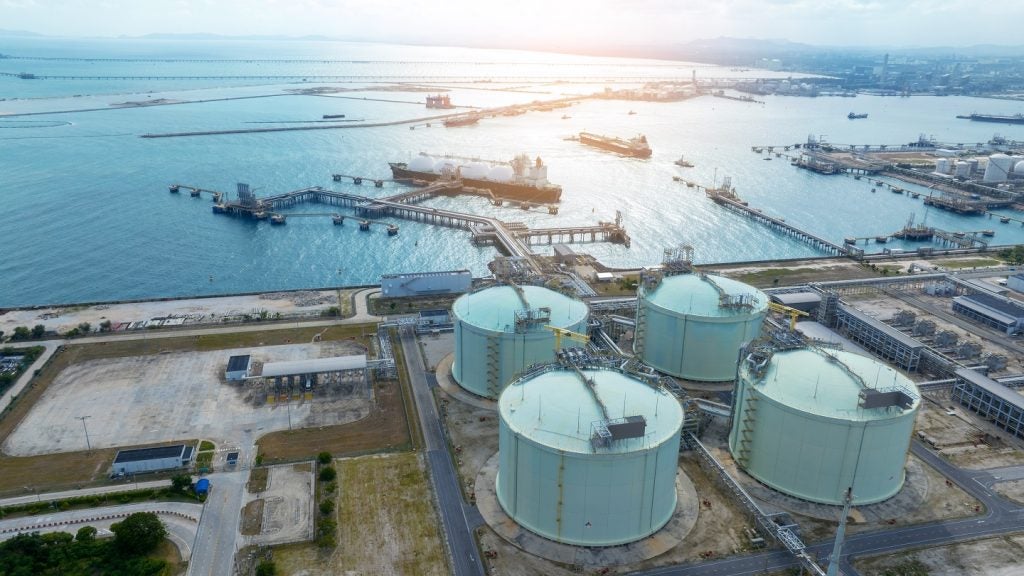
According to a report commissioned by the UK Government’s Department for Business, Energy, and Industrial Strategy, Shetland and the surrounding areas are well-positioned to benefit from the emerging carbon capture and storage (CCS) sector due to their expertise in engineering.
The study, conducted by the trade group Offshore Energies UK (OEUK), formerly known as Oil and Gas UK, discovered that places involved in oil and gas extraction are well-positioned to become future CCS centres and capitalise on the associated job surge.
However, it warns that if funding is not increased, UK enterprises may lose out to international competition.
Supply chain and operations director of OEUK Katy Heidenreich said: “Carbon capture and storage is going to be a key tool in our fight against climate change. It offers a huge opportunity for the UK supply chain to help energy-intensive industries cut emissions.”
She also said that if the right decisions are made, it could bring £100bn worth of work for UK manufacturing employers by 2050.
How well do you really know your competitors?
Access the most comprehensive Company Profiles on the market, powered by GlobalData. Save hours of research. Gain competitive edge.

Thank you!
Your download email will arrive shortly
Not ready to buy yet? Download a free sample
We are confident about the unique quality of our Company Profiles. However, we want you to make the most beneficial decision for your business, so we offer a free sample that you can download by submitting the below form
By GlobalDataSee Also:
The report sets out a plan for working with the government to seize the first-mover advantage, which could benefit the economy by providing jobs for local communities and potentially achieving net-zero goals.
CCS involves trapping CO2 and other gases emitted by power generation and manufacturing, transferring them through pipelines and storing them deep underwater – such as in depleted oil and gas wells.
This method could prevent the planet from warming above the internationally agreed 1.5°C danger level.
The UK has an estimated overall storage capacity of 78 gigatonnes, which is the amount it would produce over 200 years at current levels. The UK has the potential to become a disposal centre for imported carbon dioxide.
However, CCS is also largely unproven. Concerns have been raised that implementation could increase the usage of fossil fuels and stymie climate action.
The development of such technology was an important factor in the 2021 North Sea Transition Deal, which committed the offshore energy industry to cooperate with the UK Government to achieve net-zero emissions by 2050.
Two industrial clusters in England and Wales – areas with a concentration of energy-intensive sectors – were chosen for the UK’s initial CCS deployment.







